Professional MBA
Our Professional MBA program at Mays Business School at Texas A&M University, located at our CityCentre-Houston campus, is designed for working professionals who want to immediately apply the knowledge they learn in the classroom to their jobs. The skills and knowledge gained from this program will equip you to become a business leader.
Our CityCentre-Houston campus boasts state-of-the-art learning spaces, including online capabilities, specifically designed for executive learners. Conveniently located at Beltway 8 and I-10, and near two major Houston airports, our campus ensures easy accessibility.

Academic Overview

Our Professional MBA program is a rigorous 22-month program designed for working professionals who want to immediately apply the knowledge they learn in the classroom to their jobs. Graduates emerge from this program transformed personally and professionally, ready to confidently assume a leadership role in all areas of your life. Classes are held on alternating weekends, Friday from 6 – 10 PM and Saturday 9 AM – 6 PM.
Degree Details
Duration: 22 months
Credit Hours: 45
Class Type: In-Person
Location: Houston’s CityCentre
Admissions
We review each application for the Professional MBA program holistically – no one part of the application is more important than the other parts. Candidates are encouraged to schedule an appointment with a member of the Professional MBA admissions team before applying.
- Undergraduate degree from an accredited institution
- Two years of professional experience
- Resume
- Essay question
- GMAT/GRE waivers available
- Educational transcripts
- Application fee
- Evaluative interview

Apply To Mays
Tuition and Financial Aid

Earning an Professional MBA is truly an investment in yourself and your career. Our tuition is all inclusive, covering university tuition and fees, books, course materials such as cases and software, and most expenses for Residency Week and the trip. Financial aid can include federal, state, institutional, and private sources that assist eligible students in funding their education. We encourage you to review information available from the Texas A&M University Office of Financial Aid for additional information. All admitted students are automatically considered for scholarship opportunities.
Learn More
Texas Residents: $110,000*
*This amount is subject to change. Texas A&M University’s official resource for tuition fees is the tuition calculator.
Explore Professional MBA
My MBA Story
Find out why our MBA is rated as one of the top 100 programs globally. The My MBA Story video series details the benefits of completing our Executive MBA program straight from the source; our graduates. Take a deep dive and find out what the power of a Mays MBA can do for you.






